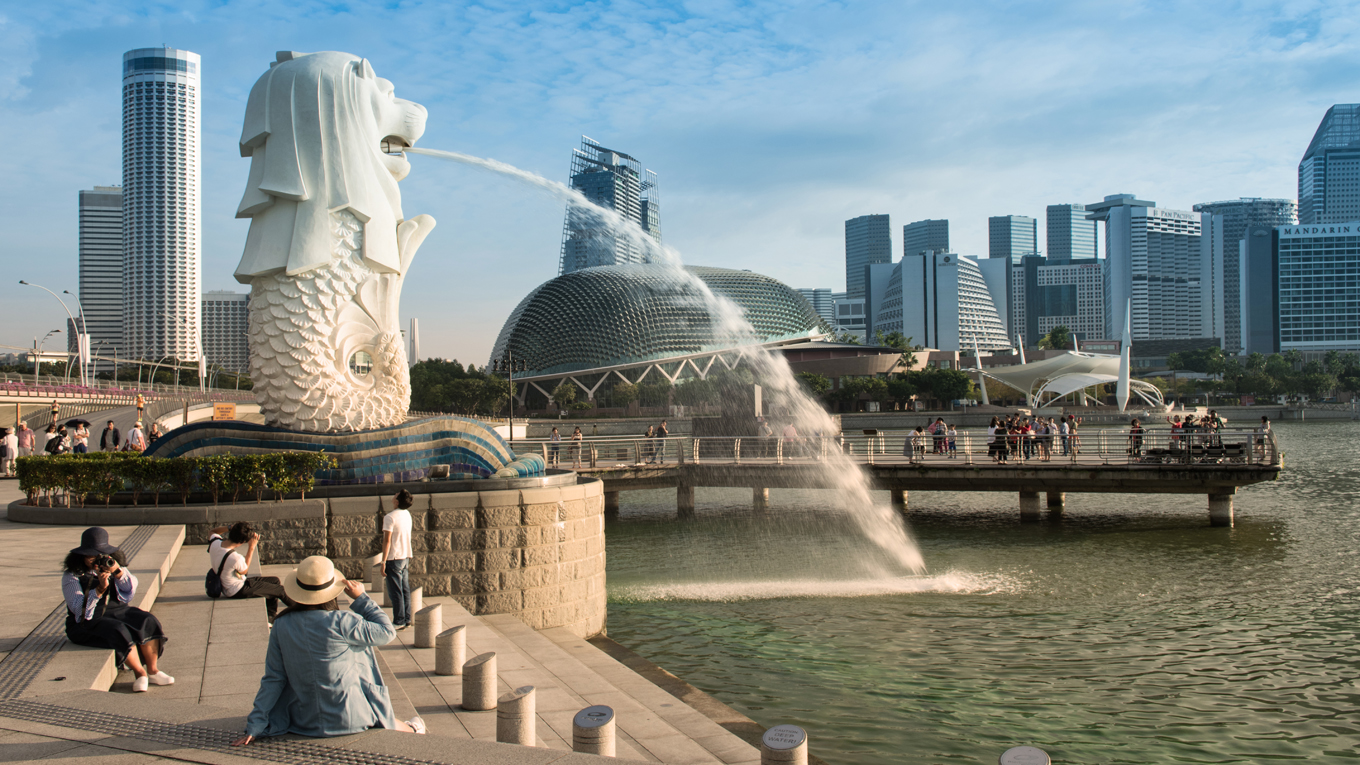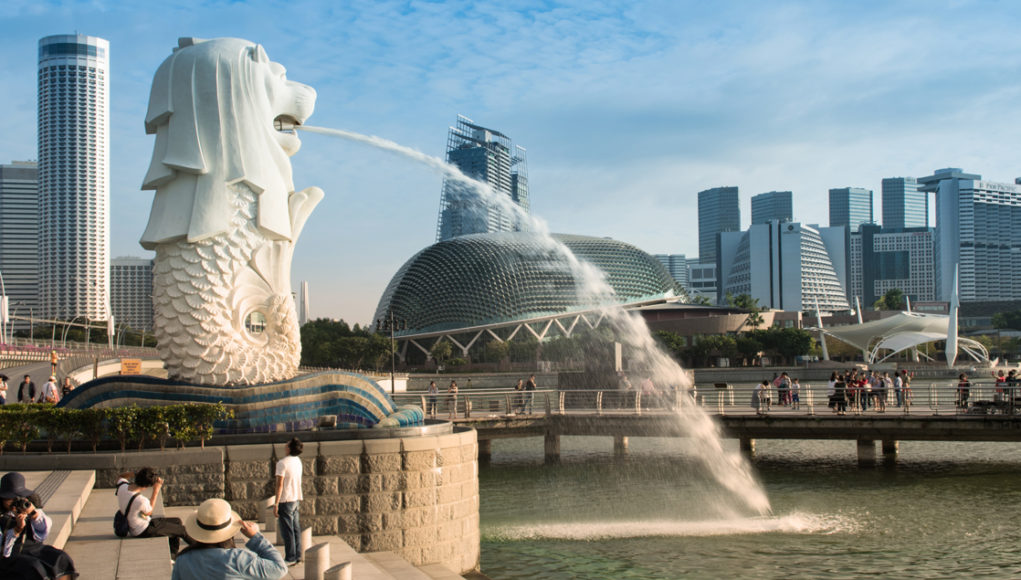Singapore has been ranked the 3rd in a yearly ranking of countries and territories that are considered least corrupt in 2018, moving up from sixth in 2017 and seventh in 2016, and only behind Denmark and New Zealand.
The ranking, called the 2018 Corruption Perceptions Index (CPI), draws on 13 surveys and expert assessments to measure public sector corruption in 180 countries and territories.

The Germany-based Transparency International, the ranking conductor, gives each country/territory a score from zero (highly corrupt) to 100 (very clean).
Denmark and New Zealand top the Index with 88 and 87 points, respectively, while Singapore and Finland achieve a joint third place with 85 points.
China is ranked 87th with a score of 39 and the United States ranked 22nd with a score of 71.
Somalia, South Sudan, and Syria are at the bottom of the index, with 10, 13 and 13 points, respectively.
The highest scoring region is Western Europe and the European Union, with an average score of 66, while the lowest scoring regions are Sub-Saharan Africa (average score 32) and Eastern Europe and Central Asia (average score 35).
Overall, more than two-thirds of countries score below 50, with an average score of only 43. Since 2012, only 20 countries have significantly improved their scores, including Estonia and Côte D’Ivoire, and 16 have declined considerably, including, Australia, Chile, and Malta.
Transparency International reveals that the continued failure of most countries to significantly control corruption is contributing to a crisis of democracy around the world.
“With many democratic institutions under threat across the globe – often by leaders with authoritarian or populist tendencies – we need to do more to strengthen checks and balances and protect citizens’ rights,” said Patricia Moreira, Managing Director of Transparency International. “Corruption chips away at democracy to produce a vicious cycle, where corruption undermines democratic institutions and, in turn, weak institutions are less able to control corruption.”




































